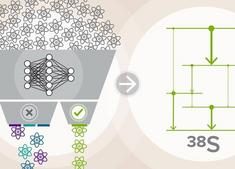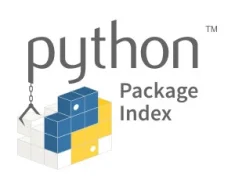The advent of technology has revolutionized many aspects of our lives, and healthcare is no exception. Among the most promising advancements in this field is the integration of Artificial Intelligence (AI) and Machine Learning (ML), particularly in the diagnosis and management of heart disease. This shift towards AI-based healthcare solutions promises improved accuracy, efficiency, and precision in diagnosing heart conditions, heralding a significant leap forward in both early detection and treatment management of heart disease.
AI in the Early Detection of Congenital Heart Diseases
Artificial Intelligence has shown great promise in the early detection of congenital heart diseases in neonates, significantly impacting pediatric healthcare. According to a review of data published between 2015 and 2023, AI has improved the accuracy and efficiency of diagnosing congenital heart diseases. The technology demonstrated high sensitivity and specificity, indicating its potential for broad application in neonatal care. However, like any technological advancement, AI also presents certain challenges that need to be addressed for its successful implementation.
Automatic Diagnosis of Heart Disease with AI
Further reinforcing AI’s potential, a study explored the feasibility of automatic diagnosis of congenital heart disease (CHD) and pulmonary arterial hypertension (PAH) associated with CHD using AI technology. The study utilized AI models trained with chest radiographs to identify CHD and PAH CHD. The results were impressive, with the AI model achieving an average area under the receiver operating characteristic curve (AUC) of 0.948 for CHD diagnoses and an AUC of 0.778 for identifying PAH CHD. In addition, the study found that the diagnostic accuracy of radiologists significantly improved when they were given AI-based classifications.
The Role of Natural Language Processing in Heart Failure Diagnosis
Natural Language Processing (NLP), a subfield of AI, has shown potential in improving the detection and diagnosis of Heart Failure with preserved Ejection Fraction (HFpEF). A retrospective cohort study used an NLP pipeline applied to the Electronic Health Record (EHR) to identify patients with a clinical diagnosis of HF between 2010 and 2022. The study found that patients with undiagnosed HFpEF are an at-risk group with high mortality. This underlines the importance of early detection and diagnosis, which NLP can facilitate by identifying likely HFpEF patients from EHR data. These patients could benefit significantly from an expert clinical review and the use of diagnostic algorithms.
The Future of Heart Disease Diagnosis
Given the promising results of AI in detecting and diagnosing heart diseases, it’s clear that this technology will play a significant role in the future of healthcare. AI’s ability to enhance the accuracy and efficiency of diagnoses can lead to more precise treatment recommendations, potentially saving more lives. However, it’s crucial to address the challenges that come with AI, such as ethical considerations, data security, and the need for regulation. With strategic planning and careful implementation, AI can undoubtedly revolutionize the future of heart disease diagnosis, contributing to a healthier world.



![09] Data Transformations in ML: Different transformations in Machine Learning: Log Transformer…](https://aigumbo.com/wp-content/themes/sociallyviral/images/nothumb-sociallyviral_related.png)
